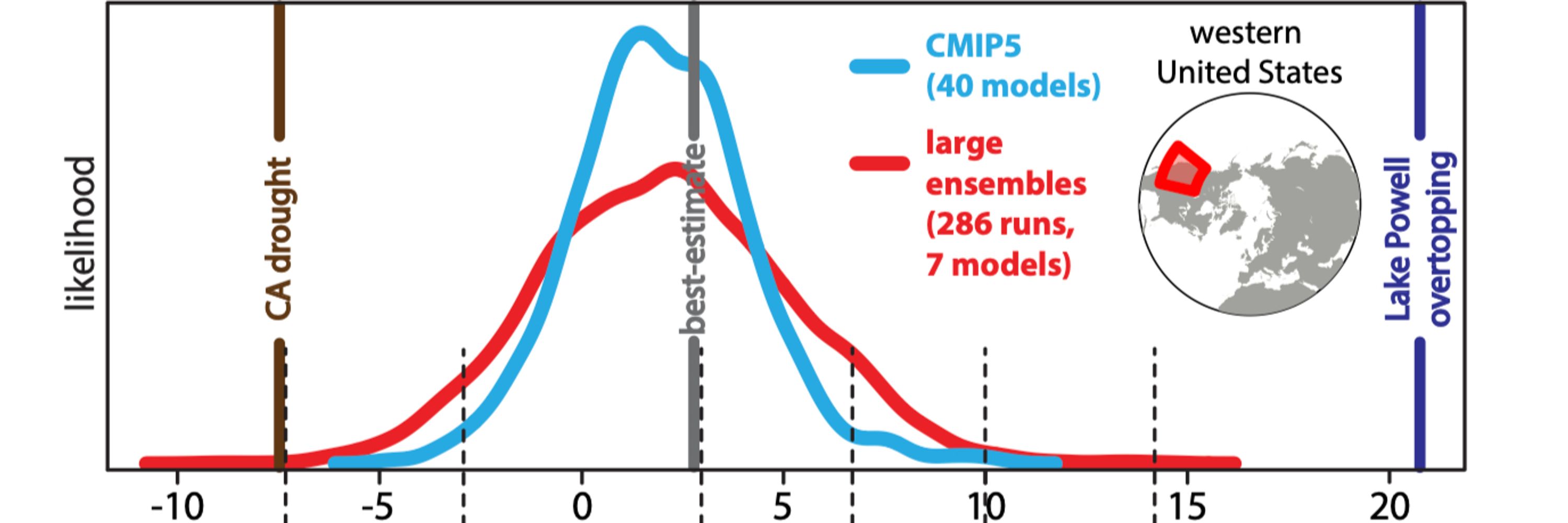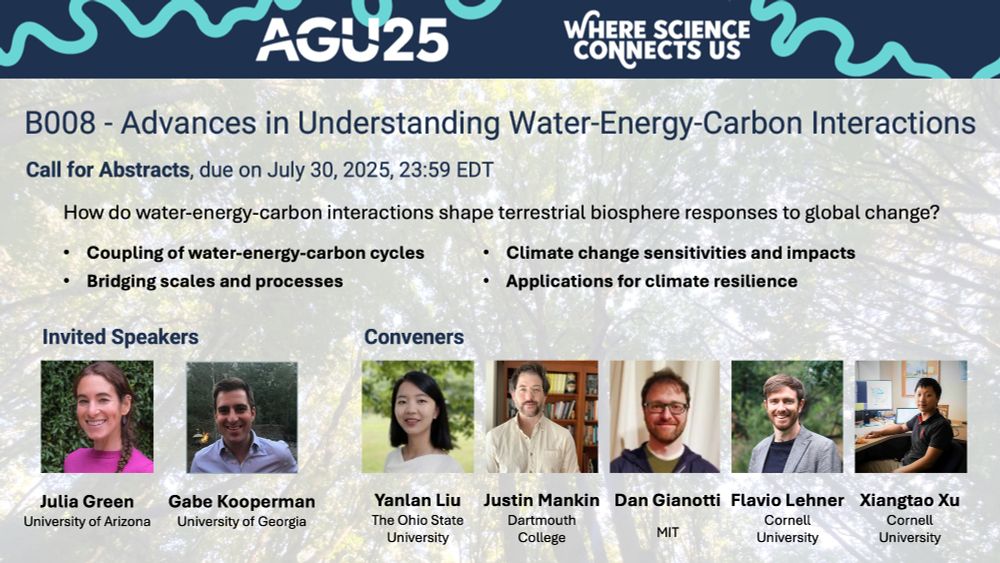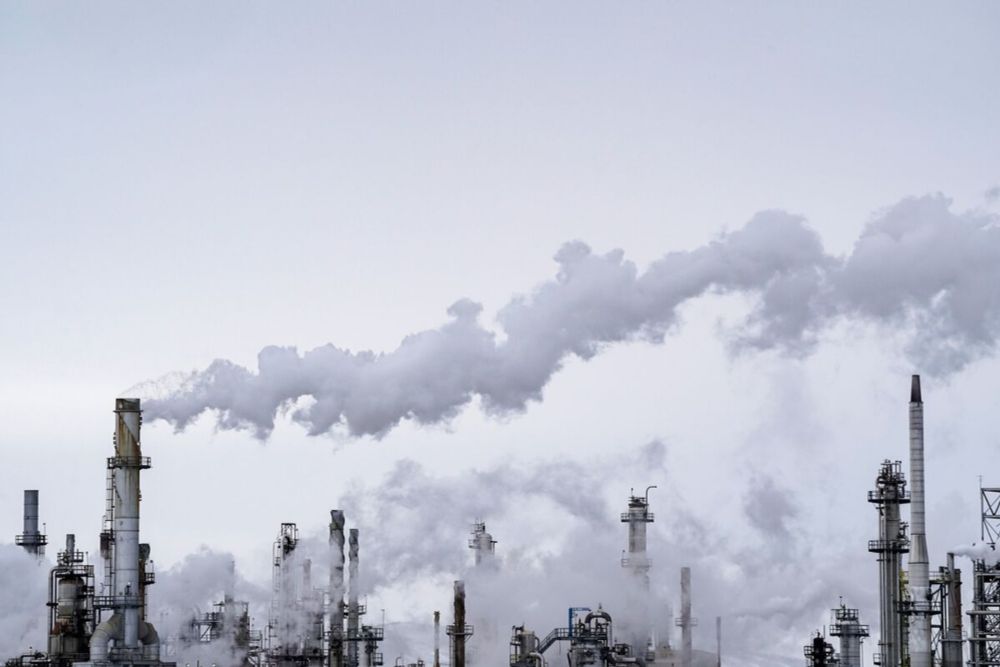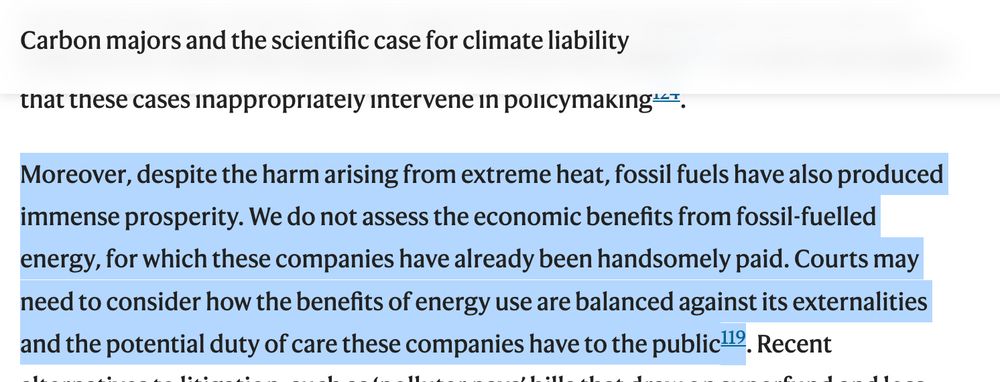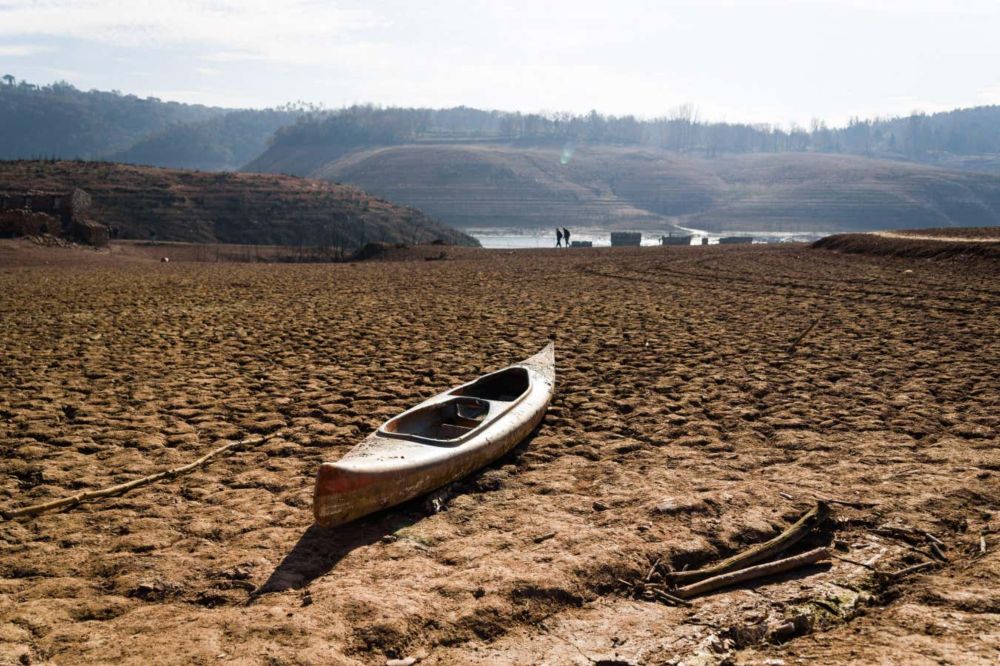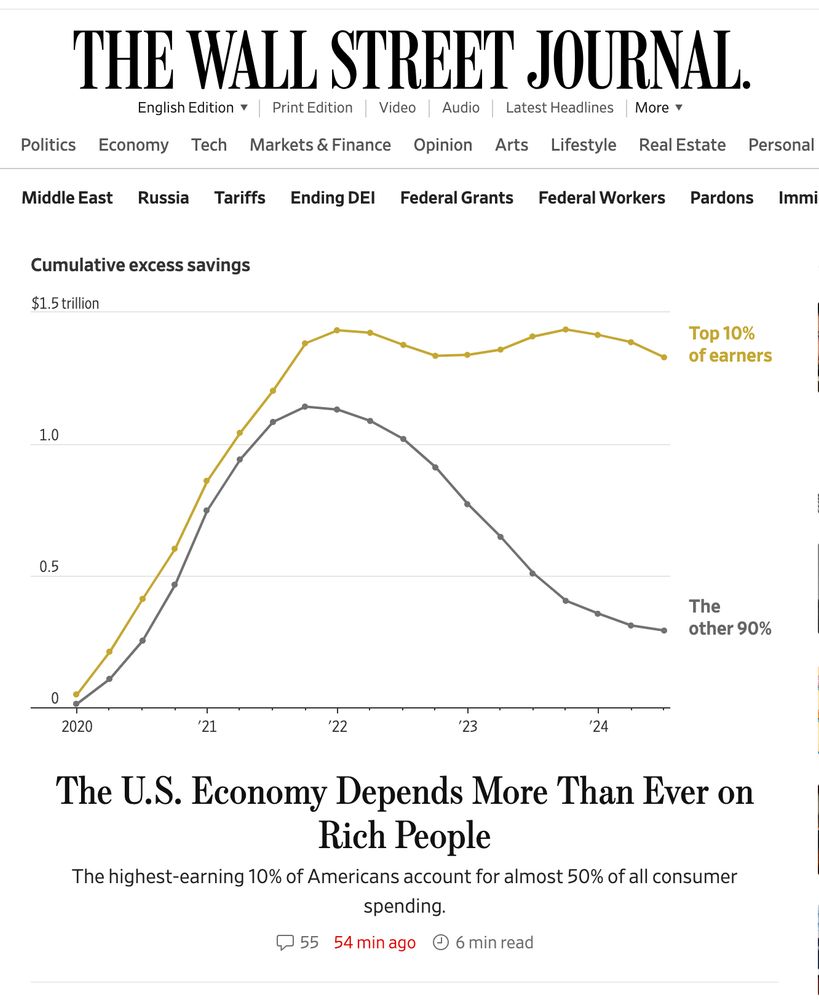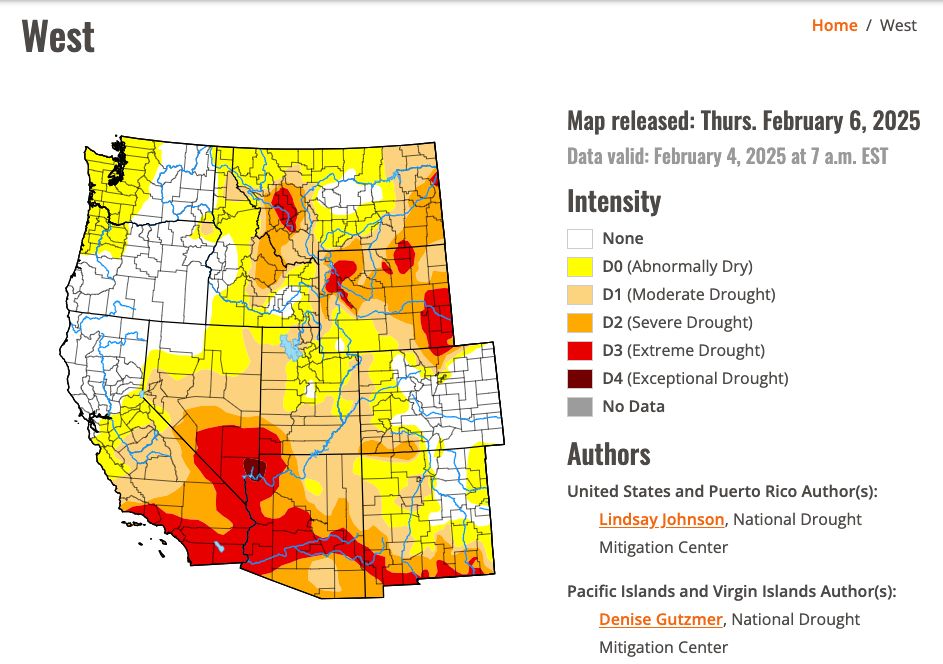Justin S. Mankin
@jsmankin.bsky.social
2K followers
140 following
28 posts
climate scientist || documenting and predicting climate impacts || professor @dartmouth
https://geography.dartmouth.edu/people/justin-s-mankin
https://jsmankin.github.io/
Posts
Media
Videos
Starter Packs
Pinned
Justin S. Mankin
@jsmankin.bsky.social
· Apr 23
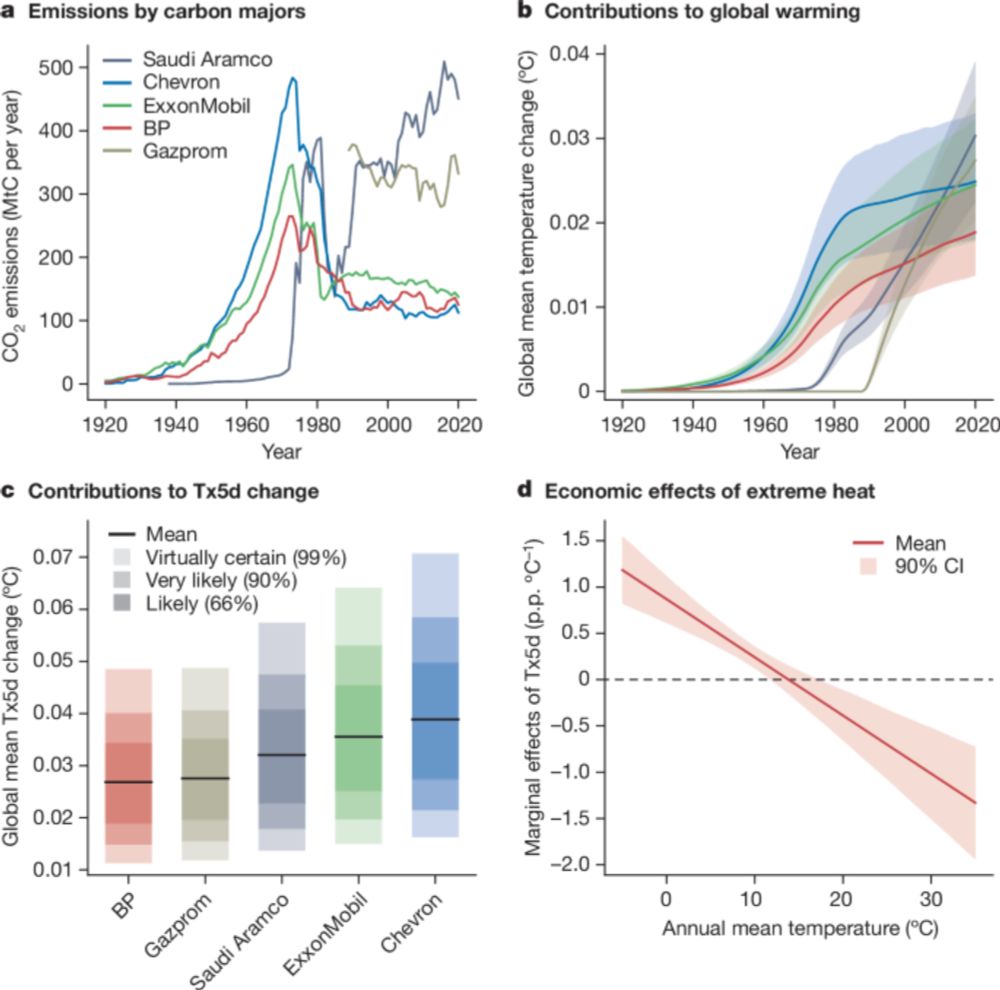
Carbon majors and the scientific case for climate liability - Nature
A transparent and reproducible scientific framework is introduced to formalize how trillions in economic losses are attributable to the extreme heat caused by emissions from fossil fuel companies, whi...
www.nature.com
Justin S. Mankin
@jsmankin.bsky.social
· Aug 13

Evidence of human influence on Northern Hemisphere snow loss - Nature
Snowpack reconstructions for major river basins in the Northern Hemisphere reveal that the snowpack has declined in almost half of the basins, with roughly one-third of the declines attributable to hu...
www.nature.com
Reposted by Justin S. Mankin
Reposted by Justin S. Mankin
Justin S. Mankin
@jsmankin.bsky.social
· Apr 25
Justin S. Mankin
@jsmankin.bsky.social
· Apr 24
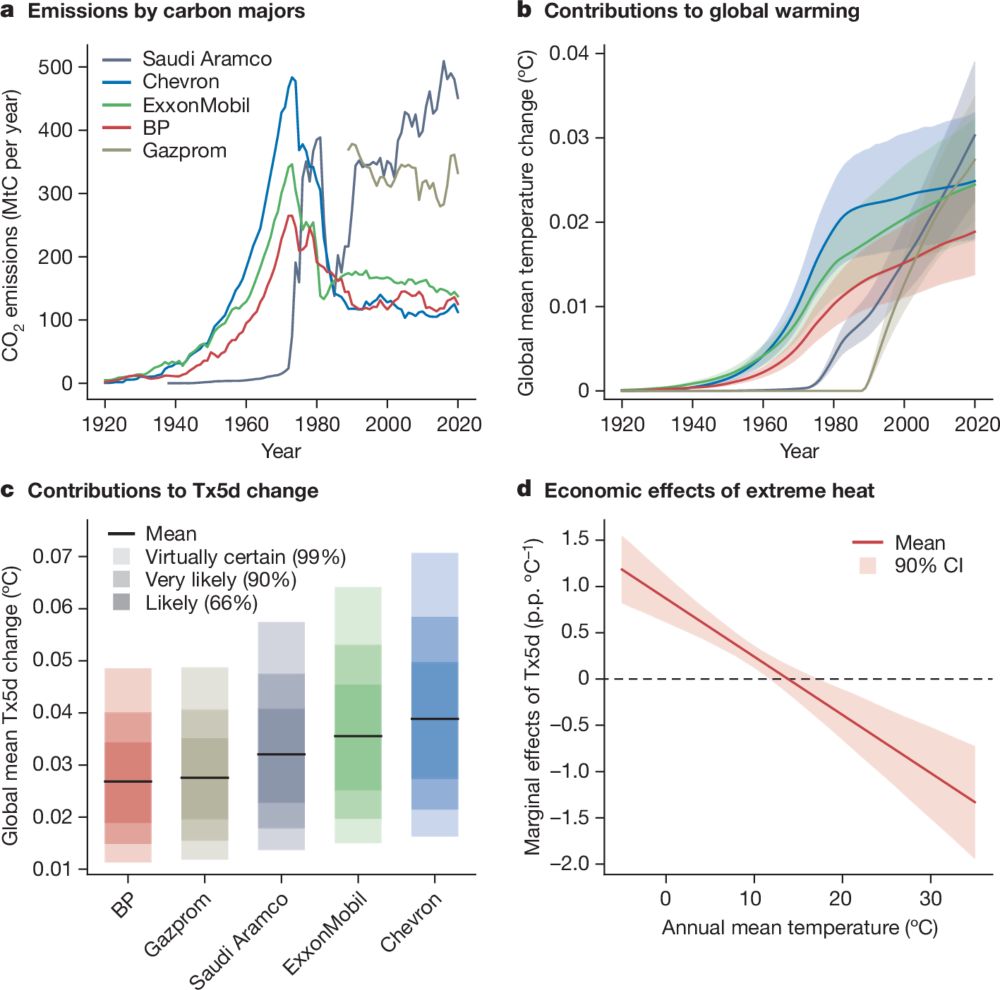
Carbon majors and the scientific case for climate liability
Nature - A transparent and reproducible scientific framework is introduced to formalize how trillions in economic losses are attributable to the extreme heat caused by emissions from fossil fuel...
rdcu.be
Reposted by Justin S. Mankin
Justin S. Mankin
@jsmankin.bsky.social
· Apr 23
Reposted by Justin S. Mankin
Seth Borenstein
@borenbears.bsky.social
· Apr 23
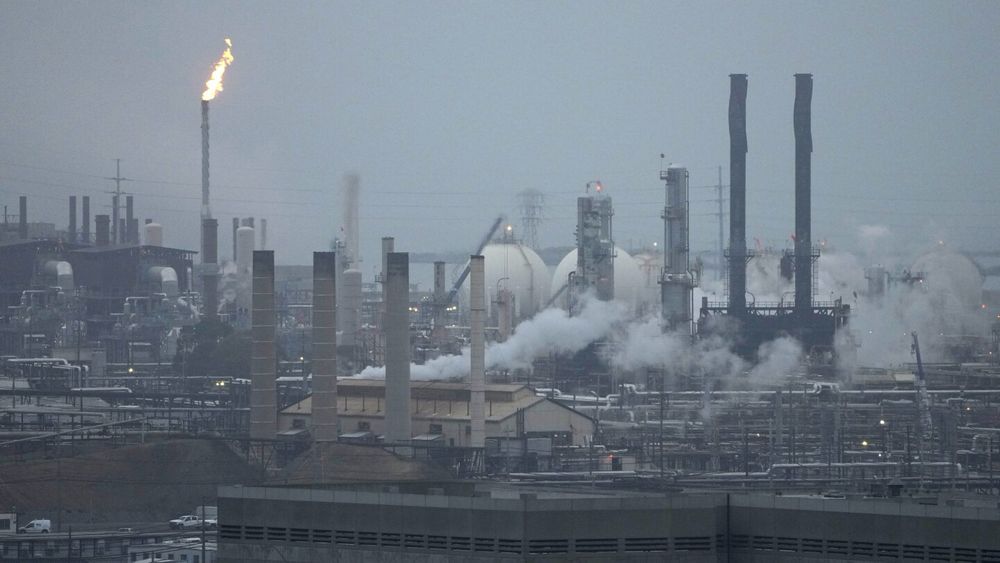
The world's biggest companies have caused $28 trillion in climate damage, a new study estimates
A new study estimates that the world’s biggest corporations have caused $28 trillion in climate damage, which is a shade less than the sum of all goods and services produced in the United States last ...
apnews.com
Justin S. Mankin
@jsmankin.bsky.social
· Apr 23
Justin S. Mankin
@jsmankin.bsky.social
· Apr 23

Carbon majors and the scientific case for climate liability - Nature
A transparent and reproducible scientific framework is introduced to formalize how trillions in economic losses are attributable to the extreme heat caused by emissions from fossil fuel companies, whi...
www.nature.com
Reposted by Justin S. Mankin
Justin S. Mankin
@jsmankin.bsky.social
· Feb 24
Justin S. Mankin
@jsmankin.bsky.social
· Jan 20
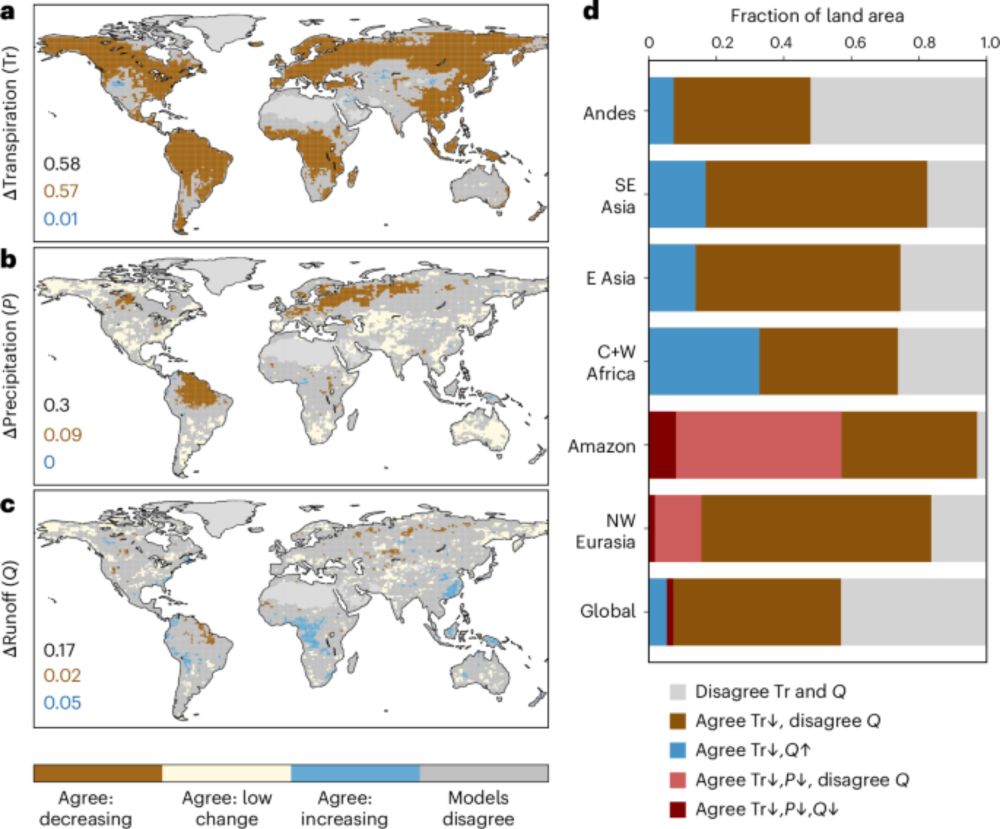
Projected runoff declines from plant physiological effects on precipitation - Nature Water
This study shows that Earth system models disagree on the spatial distribution of plant-induced precipitation changes but indicate that plant responses are as likely to decrease runoff as they are to ...
www.nature.com
